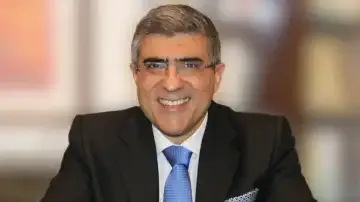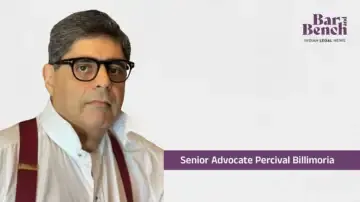
The Supreme Court on Tuesday upheld a decision of the now defunct Competition Appellate Tribunal (COMPAT) which ruled that offering volume-based discounts does not, by itself, amount to discriminatory pricing under the Competition Act, 2002, unless such discounts are applied differently to equivalent transactions.
(Competition Commission of India Vs Schott Glass)
A Bench of Justices Vikram nath and Prasanna b varale held,
“The order of the COMPAT is affirmed. A cost of ₹5 lakh is imposed on Kapoor Glass for prolonged litigation.”
A copy of the judgment is yet to be made available.Justice Vikram Nath and Justice Prasanna B Varale with Supreme Court
The verdict was delivered 11 years after the appeal was filed in 2014. The case arose from a complaint filed by Kapoor Glass, a manufacturer of glass ampoules and vials, alleging that a dominant supplier of neutral borosilicate glass tubes was engaging in discriminatory pricing. It was alleged that the supplier extended preferential discounts and commercial terms to its joint venture entity, disadvantaging other downstream buyers in the market.
In 2012, the Competition Commission of India (CCI) found the supplier (Schott Glass) guilty of abusing its dominant position under Section 4 of the Competition Act, 2002 through clauses relating to imposition of unfair pricing and denial of market access. The Commission imposed a fine of ₹5.66 crore and passed a cease-and-desist order.
Schott appealed the decision before the COMPAT, which in a 2014 ruling reversed the CCI’s findings. It was held that volume-based discounts do not automatically qualify as discriminatory unless they are applied unequally to similarly situated buyers in comparable transactions.
“To establish discrimination, there must be differential treatment for equivalent transactions. If a large buyer receives better terms owing to higher volumes, and no other buyer places comparable orders, it does not violate competition law,” the order had stated.
It was also noted that the manufacturer’s joint venture partner accounted for over 30% of its total output and that no other buyer matched such volumes. Thus, the differential treatment was found to be commercially justifiable and not exclusionary.
The COMPAT case turned on the interpretation of Section 4(2)(a)(i) and (ii) of the Competition Act, which prohibits abuse of dominant position through imposition of unfair or discriminatory pricing. It held,
“Price discrimination requires differential treatment in equivalent transactions. Offering discounts based on scale of purchase does not automatically imply unfairness or abuse.”
It was further held that the refusal to supply to Kapoor Glass was valid, as the latter had previously used counterfeit branding associated with the manufacturer. There was, therefore, no obligation to continue business relations, particularly where allegations of trademark misuse had been substantiated.
The COMPAT had imposed a fine of ₹1 lakh on Kapoor Glass, which has now been enhanced by the Supreme Court to ₹5 lakh.
CCI was represented by Senior Advocate What sibal With Advocates Arjun Krishnan, Anand s Pathak, Shashank Gautam, Sreemoyee Deb, Anubhuti Mishra, Soham Goswami, Nandini Sharma, Anisha Bothra, Aashna Manocha, Abhijeet Singh, Sakham Dingra And Rishabhab Sharma. What sibal
What sibal
Schott Glass was represented by Senior Advocate Percival Billimoria With Advocates Mahesh Agarwal, Rahul Goel, Anu Monga, Rishi Agrawala, Ankur Saigal, Victor Das, Himanshu Saraswat, Yash Jain, Aditi Sharma, Kriti Khatri, Kriti, Rachita Sod, Tushar Bathija and Ec Agrawala. Senior Advocate Percival Billimoria
Senior Advocate Percival Billimoria
Kapoor Glass was represented by Senior Advocate A N Haksar With advocates saurabh sinha, chitra y parlande, gautam prabhakar and mrigank prabhakar.